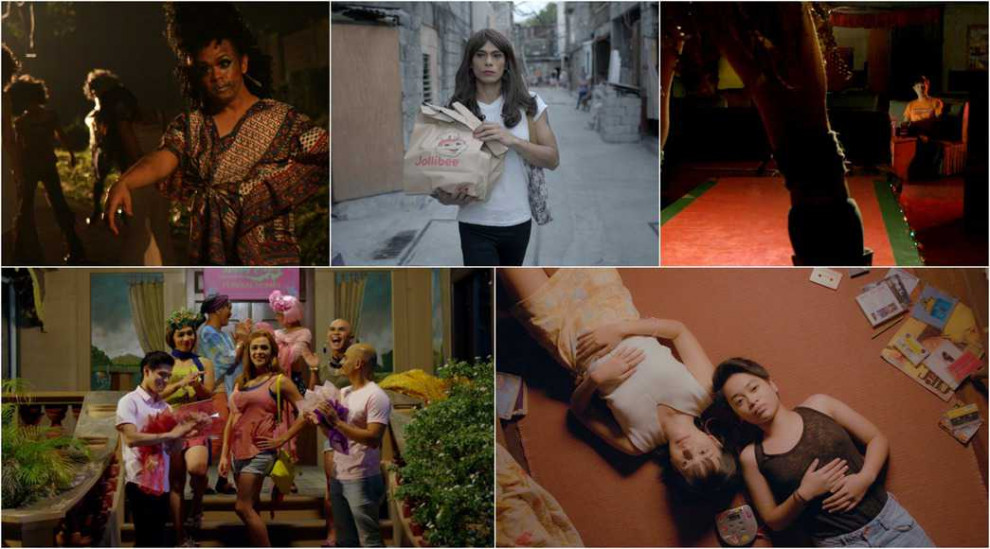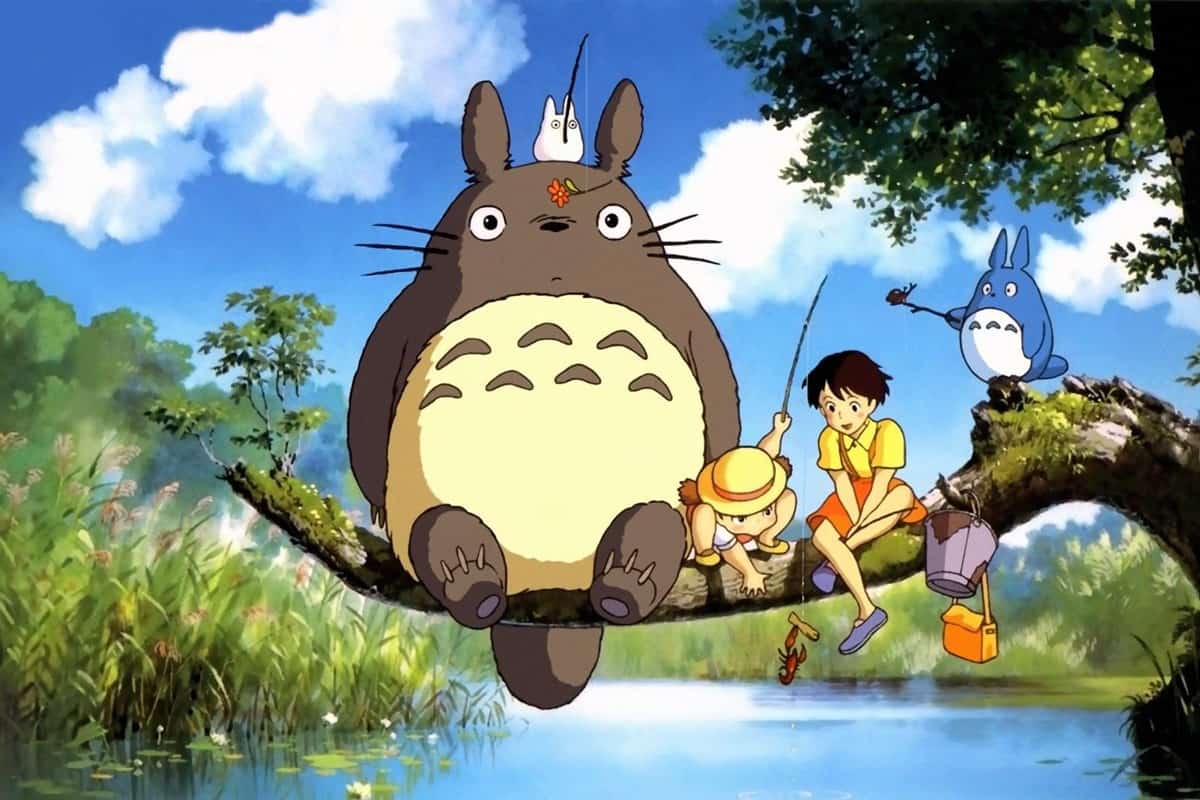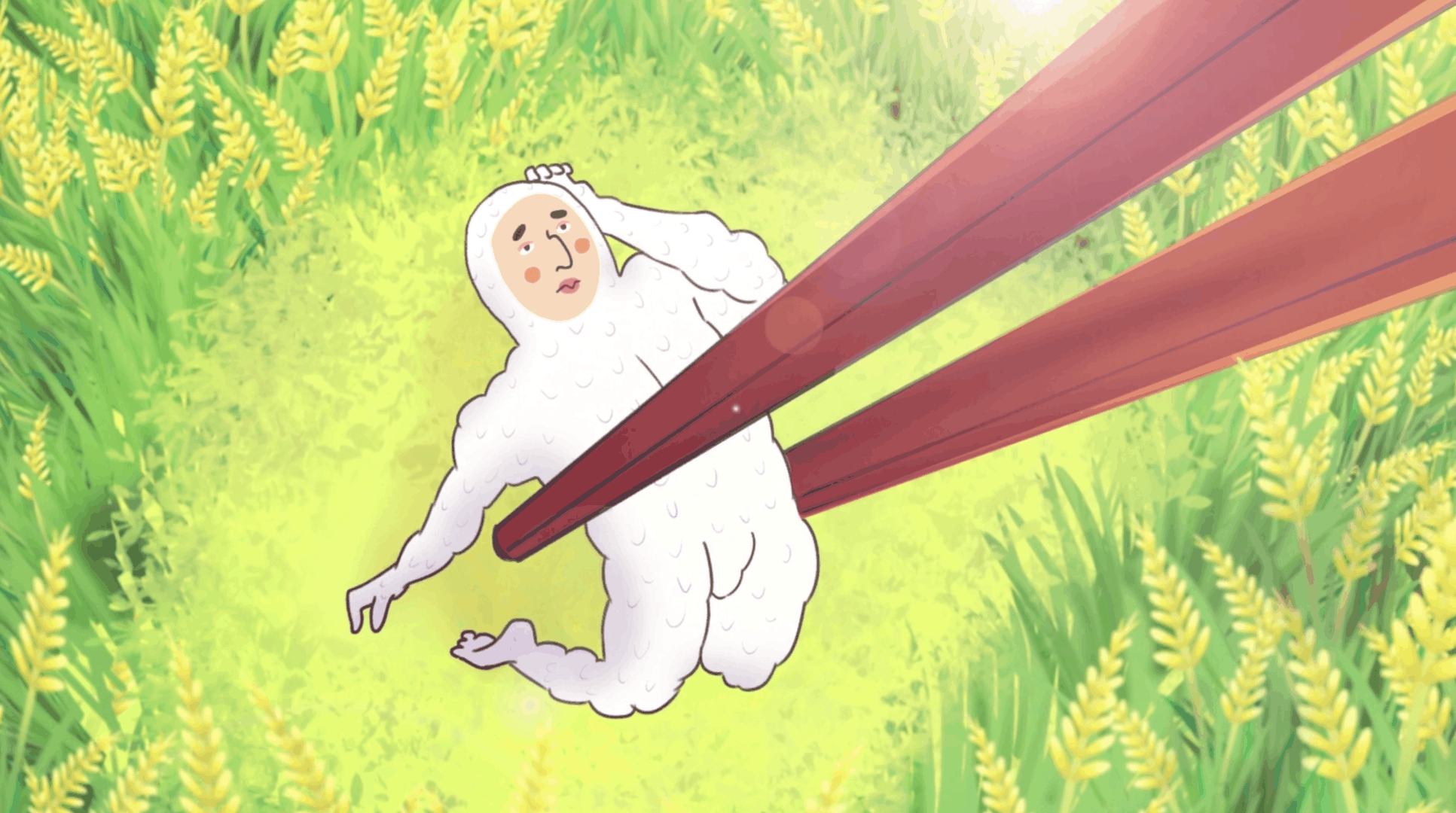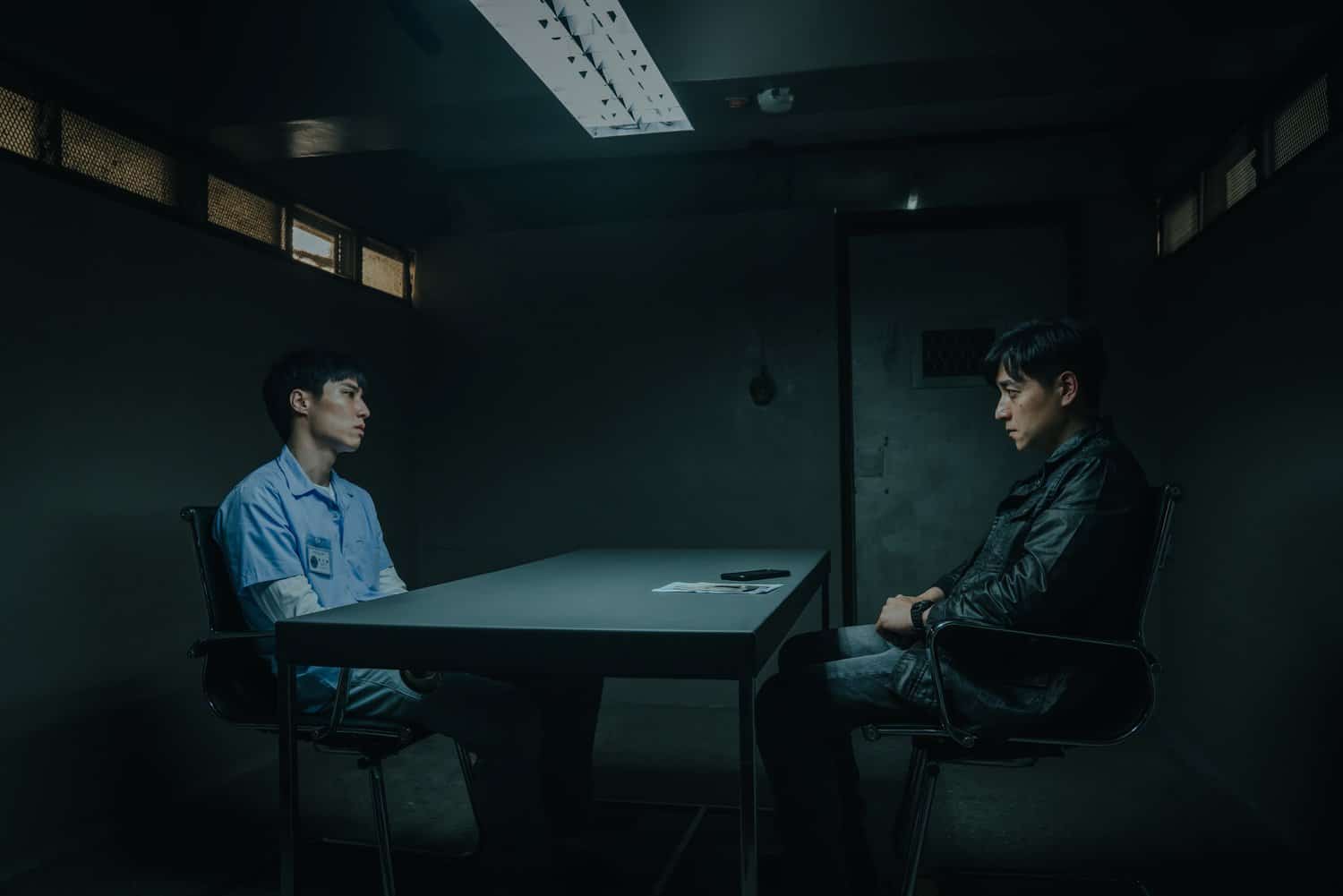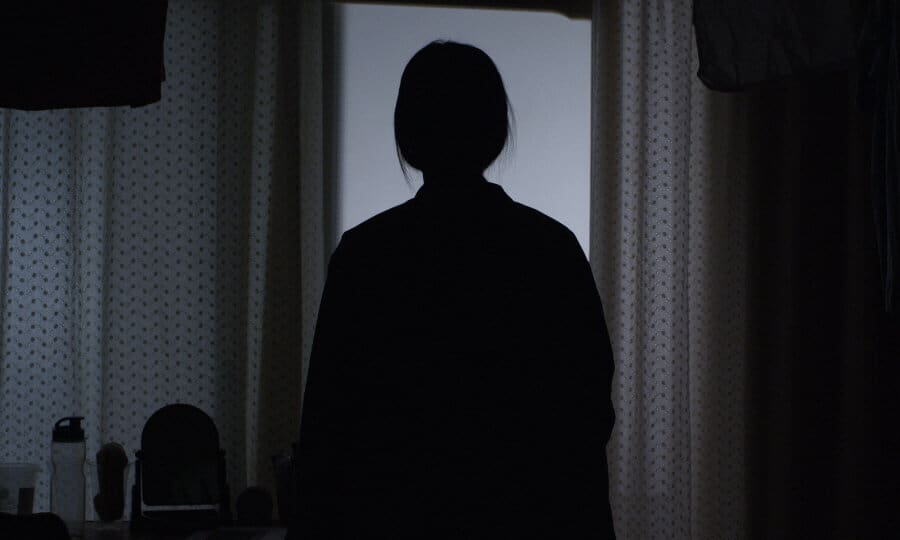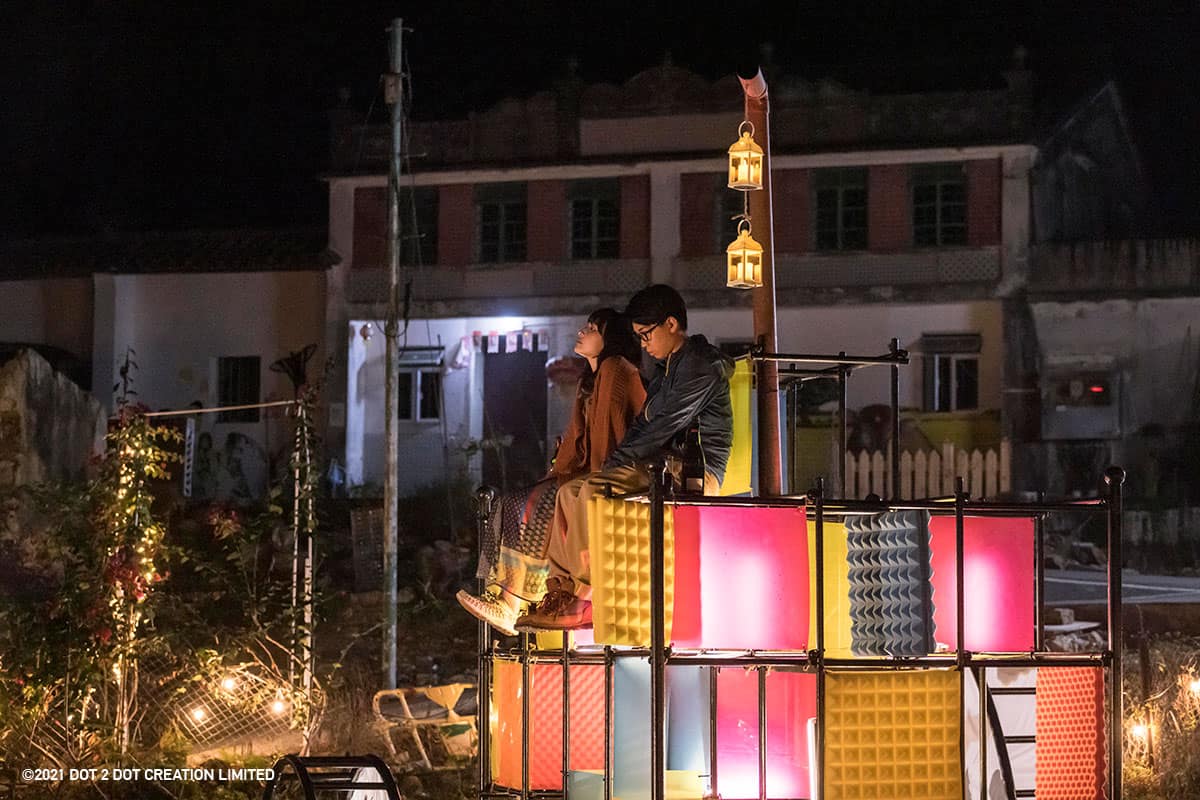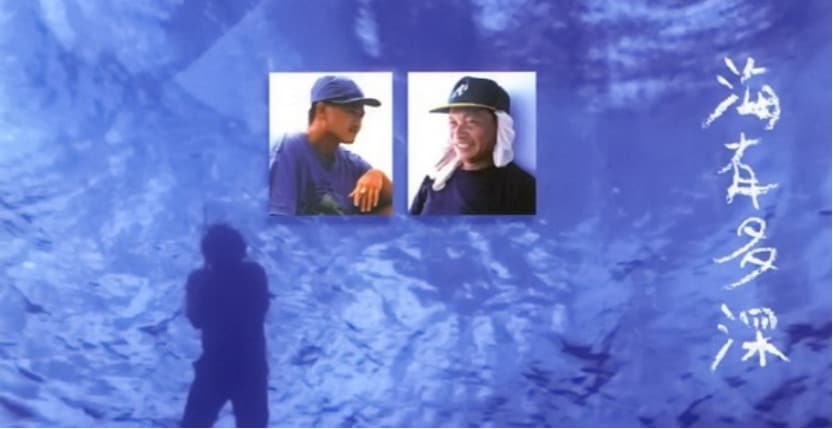This the third year that the Slovak Queer Film Festival introduces a sidebar section focusing on Far East cinemas Queer Asia. In its 13th edition, the festival brings a retrospective dedicated to the Philippines.
It is the diversity of the stories that caught the attention of the festival. Moreover, the Philippine LGBTQ+ films stretch across the spectrum from arthouse to mainstream. This also applies to the 3rd Queer Asia section. Consisting of five features, it presents a sample from the last decennial.
Among them, “Boy” (2009) by Auraeus Solito is the oldest. A macho dancer film in its best, it plays out a story of a search for joy and fulfillment in a relationship with a hired erotic dancer. Subtle in its execution, strong in its character, “Boy” unashamedly exposes the male body to the gaze. “Those Long Haired Nights” (2017) by Gerardo Calagui heads out from the night clubs and interiors of homes. This colourful film with a zest of neorealism takes us straight into the streets of Burgos. Here, three “ladyboy” masseuses look for love, luck, and fortune.
Already a cult, “Born Beautiful” (2018) by Perci Intalan offers a slightly different picture of the transgender and gay community. It might differ in mood, environment, and heroines' profession, but the dreams are more or less the same. More than anything, “Born Beautiful” is a fabulous take on defining one's own gender and sexual orientation. The film is a spin-off of the 2016 “Die Beautiful” by Jun Lana Robles
Likewise, “Billie and Emma” (2018) by Samantha Lee brings up several issues. Among them you find the Catholic Church, growing up as a gay woman, and being a woman in the Philippines. This gentle coming of age story is made to fill in the gap in the films for queer teenagers. The gap that Lee remembers growing up in the 1990s.
The pains of growing up are crucial in the honest B-film “Remington and the Curse of the Zombadings” (2011) by Jade Castro. But, in a very particular way. Remington is cursed. And lives in a little town facing a series of mysterious murders. As it were not enough, fabulous undead Zombadings add to the threats rocking the sleepy town.

“Lingua Franca” (2019) by Isabel Sandoval premiered at the Venice Days and at the Slovak Queer FF screens in the Brand New section. Novelistic yet intimate, “Lingua Franca” tells the story of an undocumented Filipino transwoman in the United States. In addition to the topics already opened, the film brings the topic of Filipino caregivers.
Furthermore, the Asian line-up of the Slovak Queer FF includes three Israeli short films. “Rubber Dolphin (2018) by Ori Aharon, and “Heritage” (2017) by Yuval Aharoni both premiered at Festival de Cannes. Together with “Tonight” (2018) by Emily Shir Segal they debate intimacy, as well as need, will and ability to love. They also talk (un)safe sex, gay men's sexual roles and identity, and life in the closet.



